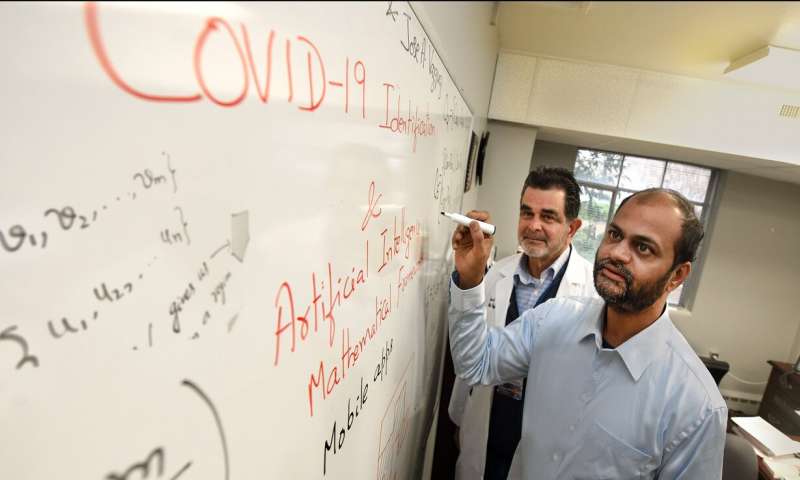Using Mobile Phones to track Corona Virus
Table of Content
A research paper published by Arni S.R. Srinivasa Rao, Ph.D. and Jose A. Vazquez, M.D., FACP, FIDSA (Medical College of Georgia, Division of Infectious Diseases at Augusta University) proposing to use machine learning algorithms to be able to improve possible case identifications of COVID-19 more quicker.

The idea is to use a phone-based online survey to collect the basic travel history along with the more common manifestations. Such collected data can be used to assist in the preliminary screening and early identification of possible COVID-19 infected individuals.
Thousands of data points are able to be collected and processed through an artificial intelligence (AI) framework which can ultimately evaluate individuals that may be infected and stratify them into no-risk, minimal-risk, moderate-risk, and high-risk of being infected with the virus. The identification of the high-risk cases can then be quarantined earlier, thus decreasing the chance of spread.
The authors are working with developers to finalize the app which should be freely available within a few weeks.
There are also drastic measures discussed by scientists and tech companies according to Der Tagesspiegel. They propose the use of location data stored by companies like Apple, Google and Telekom to identify people came into contact with infected persons using data comparison. Those people could then be contacted directly to interrupt the infection chain.












